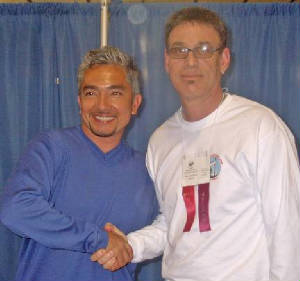When your dog has done something silly, like falling off the couch or knocking over their water bowl, and seems to be walking around somewhat awkwardly afterward, many dog owners will say that their dog is embarrassed after his mistake. We know that dogs can feel a whole range of emotions - happiness, fear, anger, and excitement. But can they also feel embarrassment?
Scientists have contributed extensive research on dogs’ emotions and behaviors over the past several years, but there is still an extensive amount of work to be done before we truly understand how dogs think and feel. This is what we know so far and how to tell what your dog is feeling if you think he might be embarrassed.
Understanding Your Dog’s Emotions
Embarrassment is what psychologists consider a complex emotion. It requires understanding social cues and norms, and when a person violates those norms, he or she may feel embarrassed. This gives you a method to correct your behavior.
Dogs do not have the same social standards as we do so it is unlikely that they are feeling embarrassed when they do something that we would be embarrassed to do, such as falling off the couch. Putting that emotion on your dog is anthropomorphism or the practice of assigning human traits to animals. It is a very natural thing to do as it can help us feel closer to our pets and gives us a way to interpret thought processes that maybe are very different from our own.
Instead of trying to assume what your dog may be feeling after what looks to be an embarrassing moment, you can instead pay attention to his body language. Certain movements you may see that people will often interpret as embarrassment can include:
- Dropped Ears
- Bowed Head
- Avoidance or Hiding
- Tucked Tail
- Other Submissive Behaviors
While these may mirror body movements that a human would display after embarrassment, on a dog these are more often signs of submission. They result from fear or a desire to appease and your dog is likely responding to the emotions that you are displaying.
If your dog has done something embarrassing and you were reacting with anger, your dog is likely displaying these behaviors to avoid upsetting you. If your dog's antics prompted lots of laughter, the sound may be startling to your dog and he's reacting out of fear.
When you notice behaviors that make it seem like your dog is embarrassed, pay attention to the physical behaviors your dog is performing and try to think like a dog and understand what your dog may be feeling rather than what you expect him to feel, and you will have a better idea of your dog’s emotions.





